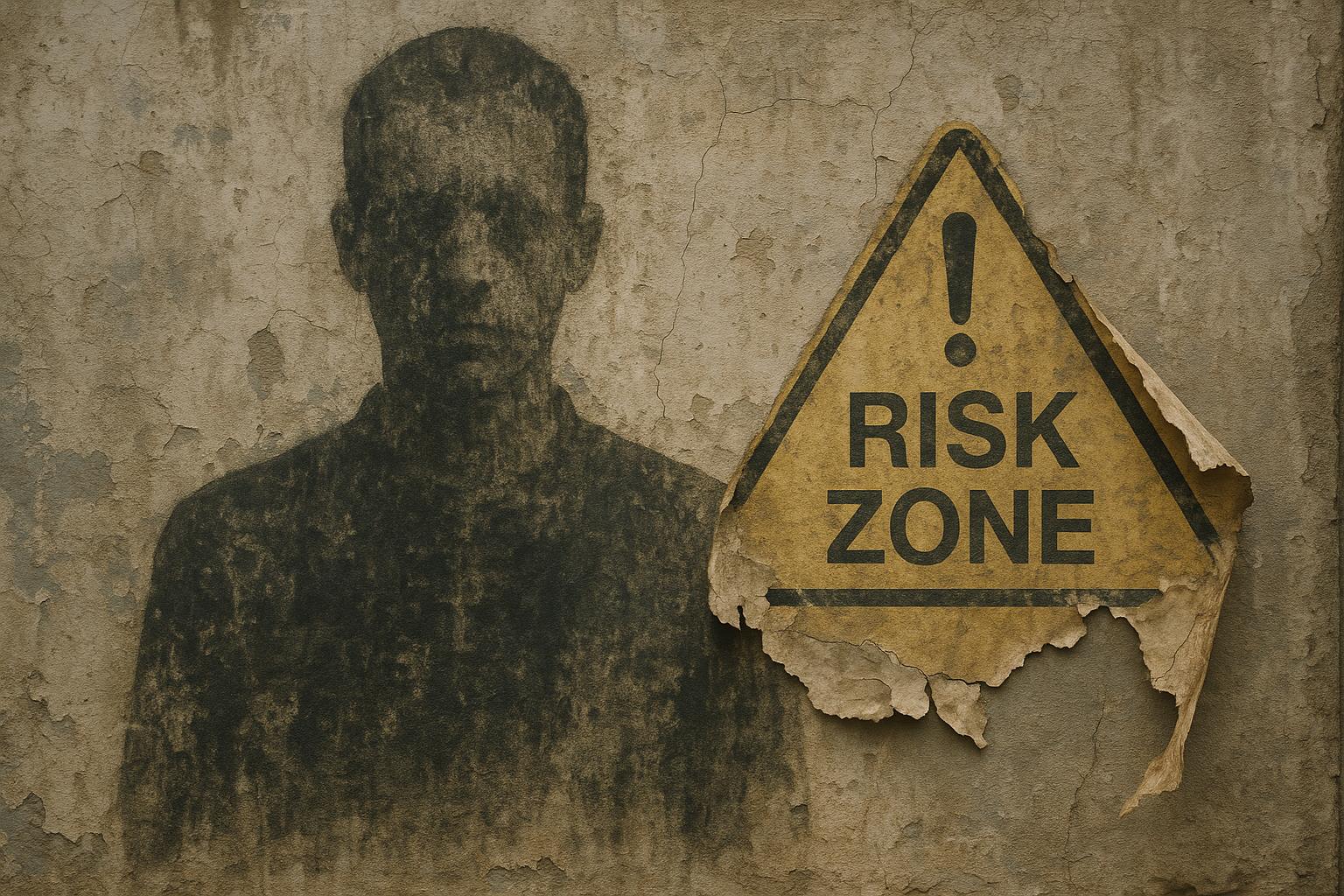Plans to publicly "name and shame" individuals participating in Community Payback schemes have sparked significant opposition from justice experts and charities, who warn that such measures could inflict serious and lasting harm on children with parents involved in the criminal justice system. The proposals, slated to be included in the Government’s forthcoming Sentencing Bill, would allow the authorities to identify offenders publicly, ostensibly to increase transparency and community reassurance. However, critics argue this approach risks undermining rehabilitation efforts and exacerbating social stigma around offenders and their families.
A coalition of more than 20 justice organisations and individuals has written to the new Justice Secretary, David Lammy, urging him to reconsider the plans. Their letter emphasises that community payback schemes, when properly managed, serve an important rehabilitative function by enabling offenders to repay their debts to society. They express concern that "naming and shaming" could produce "unintended, yet undeniably harmful consequences" for thousands of children and young people whose parents are subject to unpaid work penalties. Highlighting the vulnerability of these families, the letter cites Government data showing that nearly 200,000 children annually experience parental imprisonment, a recognised adverse childhood experience linked to social and psychological hardship. The signatories caution that public exposure of offenders risks deepening the stigma and shame these children face, potentially leading to bullying and emotional distress.
The letter is supported by notable figures including Andy Keen-Downs, CEO of the Prison Advice and Care Trust, Dr Carol Homden of Coram, and Pia Sinha of the Prison Reform Trust. Their concerns echo warnings from legal experts who have criticised Clause 35 of the Sentencing Bill for potentially adding humiliation that deters offenders from participating in and benefiting from rehabilitation. Martin Jones, HM Inspector of Probation, has also voiced anxiety that such public naming could lead to increased dropout rates from community orders.
The Ministry of Justice, however, maintains that unpaid work orders are a form of public atonement designed to show offenders giving back to communities they have wronged. A spokesperson asserted that the Sentencing Bill includes measures to enhance the visibility of these sentences, aiming to reinforce public confidence that justice is being served.
The debate over public identification of offenders is not new and has seen mixed views historically. For example, in 2005, the Convention of Scottish Local Authorities warned against publicly naming youths given antisocial behaviour orders, fearing it would grant them unwanted "street credibility" and undermine rehabilitative goals. Similarly, in 2012 Louise Casey, who had a key role in developing the Community Payback scheme, criticised its implementation after reports revealed offenders engaging inadequately with their duties, dubbing aspects of the system a "holiday camp for offenders," thus raising questions about proper oversight and effectiveness.
Other sectors have also seen attempts at "naming and shaming" as a tactic to enforce behavioural standards, with varying degrees of controversy. Northern Ireland’s Communities Minister announced plans in 2025 to name individuals convicted of benefits fraud as a deterrent, though this raised privacy concerns. HM Revenue & Customs’ use of public shaming for corporate tax avoidance has similarly met criticism over due process and potential reputational harm without full legal adjudication.
These examples highlight the complexity of employing public exposure as a punitive or corrective tool, suggesting that while transparency may serve public interest, it must be balanced carefully against the risks of collateral damage, particularly to families and the prospects for offender rehabilitation.
📌 Reference Map:
- Paragraph 1 – [1] (Mirror), [3] (Russell Cooke)
- Paragraph 2 – [1] (Mirror)
- Paragraph 3 – [1] (Mirror)
- Paragraph 4 – [3] (Russell Cooke), [1] (Mirror)
- Paragraph 5 – [1] (Mirror), [4] (Evening Standard)
- Paragraph 6 – [2] (Community Care), [4] (Evening Standard)
- Paragraph 7 – [6] (Irish News), [7] (ContractorUK)
Source: Noah Wire Services
